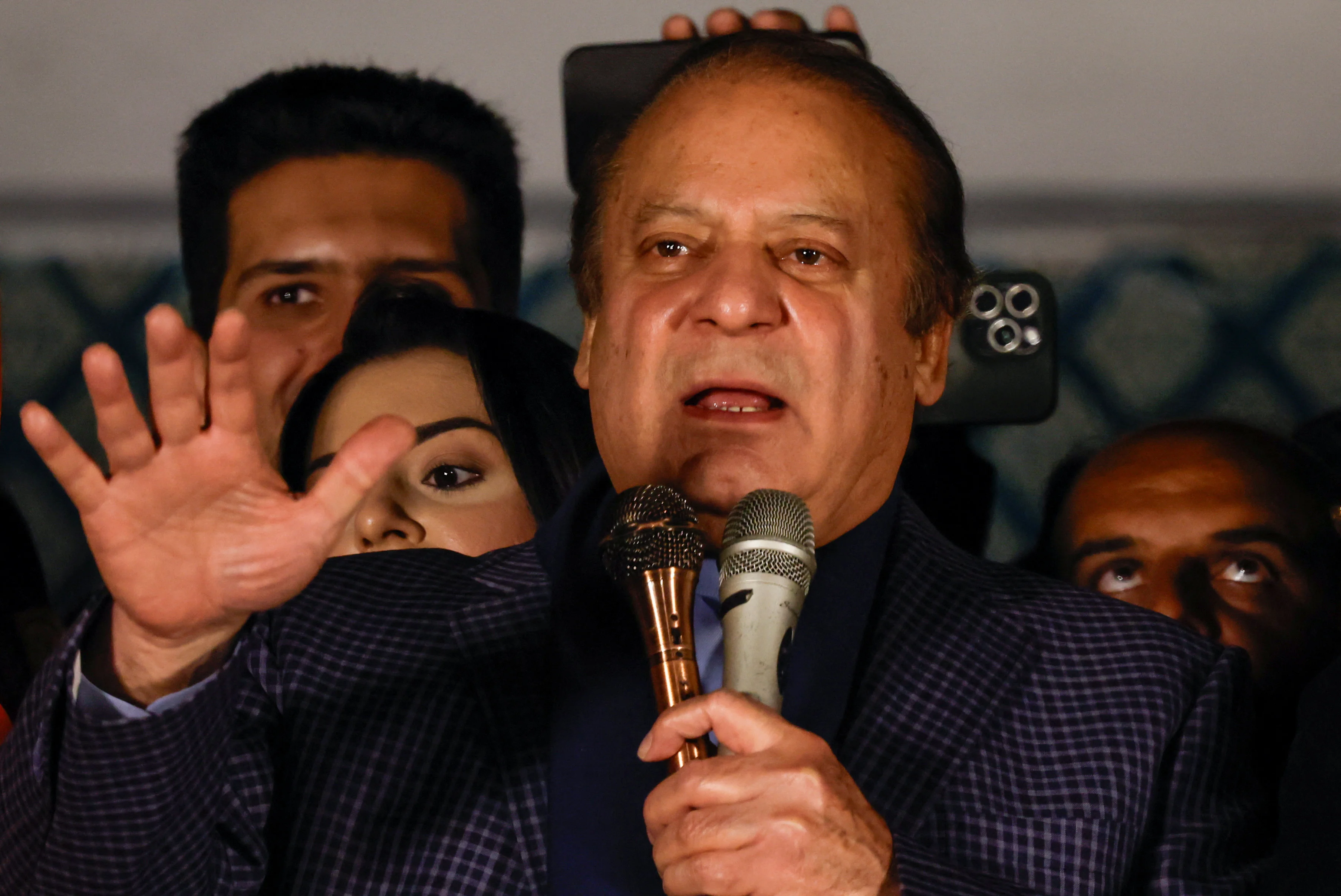Former Pakistan Prime Minister Nawaz Sharif described the visit of India’s foreign minister to Pakistan earlier this week as a “good beginning.” He suggested that this visit could lead to a thaw in relations between the two rivals. Indian media reported this on Friday.
Indian Foreign Minister Subrahmanyam Jaishankar visited Pakistan on Tuesday and Wednesday. He attended a meeting of governments of the Shanghai Cooperation Organisation. During this time, the capital city was under tight lockdown.
“This is how talks move forward. Talks should not stop,” Sharif, the president of the ruling Pakistan Muslim League – Nawaz (PML-N), and the brother of Prime Minister Shehbaz Sharif, told a group of visiting Indian journalists, the Indian Express newspaper reported.
Jaishankar was among nearly a dozen leaders participating in the gathering in Islamabad. This marked nearly a decade since an Indian foreign minister visited Pakistan. The visit occurred amid frosty relations between the two nuclear powers.
Jaishankar and his counterpart Ishaq Dar had an “informal interaction”, an official in Pakistani foreign ministry said on Thursday, but New Delhi denied that any sort of meeting had taken place.
Indian foreign ministry spokesperson Randhir Jaiswal said on Thursday, “We clearly stated that this particular visit is for the SCO head of government meeting. Besides that, participants exchanged some pleasantries on the sidelines.”
Sharif stated in the Times of India newspaper, “We have lost the last 75 years, and it is important that we don’t lose the next 75 years.”
Also See: Jaishankar attends dinner hosted by Pak PM ahead of SCO meet
This news is sourced from Reuters and is intended for informational purposes only.






![Ukrainian and Russian flags with soldier silhouettes representing ongoing conflict. [Image via Atlantic Council].](https://southasiatimes.org/wp-content/uploads/2026/02/2022-02-09T000000Z_1319661209_MT1NURPHO000HXCNME_RTRMADP_3_UKRAINE-CONFLICT-STOCK-PICTURES-scaled-e1661353077377.jpg)